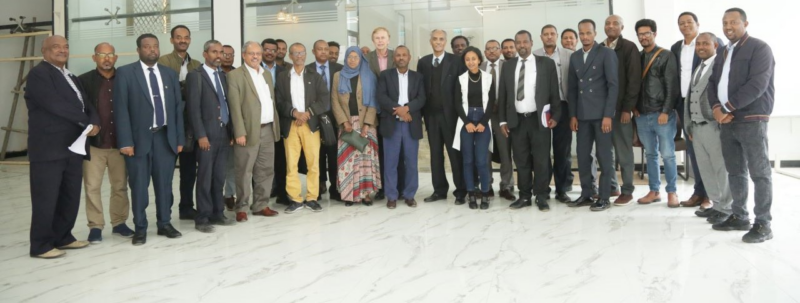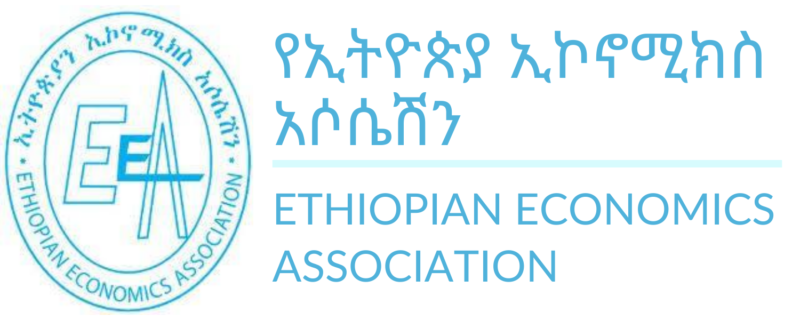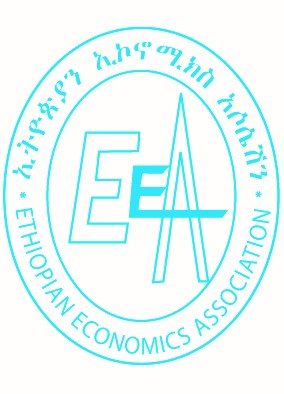The Ethiopian Economic Association attended and contributed to a half-day seminar co-organized by the Ethiopia Strategy Support Program (ESSP) of the International Food Policy Research Institute (IFPRI) and the Policy Studies Institute (PSI). The theme of the conference was “Towards a Socio-Economic Research Agenda for Food Systems Transformation in Ethiopia.” The main aim of the seminar was to co-create a research agenda for food systems transformation.
H.E. Prof. Beyene Petros, Director General of PSI made an opening remark followed by three presentations. PSI presented on challenges of food systems in Ethiopia. Dr. Paul Dorosh, Director of Development Strategies and Governance Unit at IFPRI, highlighted the current state of Ethiopia’s food system, and finally Dr. Alemayehu Seyoum Taffesse, Program leader of the ESSP at IFPRI, and EEA senior member, made a presentation on Development Strategies and Governance of food system in Ethiopia.
This was followed by questions and answer session. Participants, including EEA representatives, raised pertinent questions that could shape the food systems transformation research agenda. For example, there was concern that the presentations focused on agricultural production. But food systems transformation is beyond agricultural production and includes aggregation, distribution, processing, consumption and the likes. These all need to be transformed. It is also good to have a broader view considering various sectors (multi-sectors) like the energy sector, health and nutrition, and food consumption habits. Agricultural finance is another sector that needs attention in the research.
Another key issue raised was how rural-urban migration has contributed to low food system transformation in general and agricultural transformation in particular. The research team was asked to clarity why our smallholder framers that produce 96% of the food are not supported by relevant economic incentives such as input subsidy and technical support which were the whole mark of the Asian Green Revolution. Development Agents have been at the centre of the Agri-extension for decades but their role is not declining. Why? Many participants commented on land use planning, land property right, and crop selection as critical for food system transformation research.
‘Food sovereignty’ is an emerging research agenda that Ethiopia should consider seriously. The researchers should go beyond food security and address fundamental constraints to becoming a food sovereign nation. We need to draw on experiences from North America, Europe, Asia, and to a limited degree Africa.


